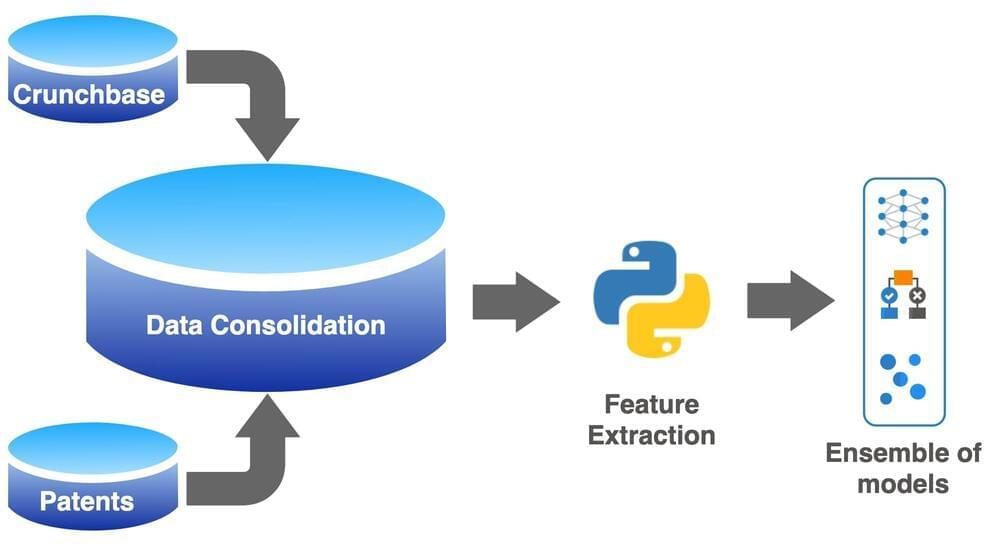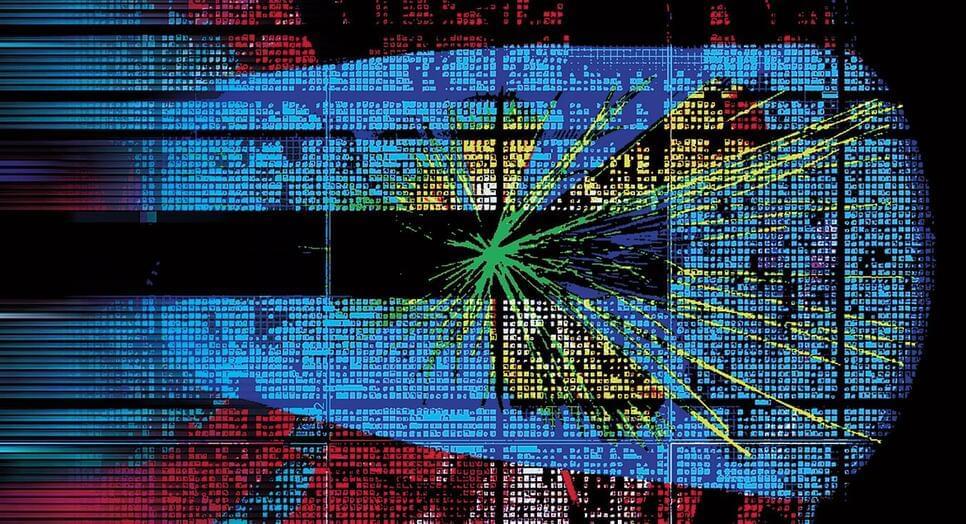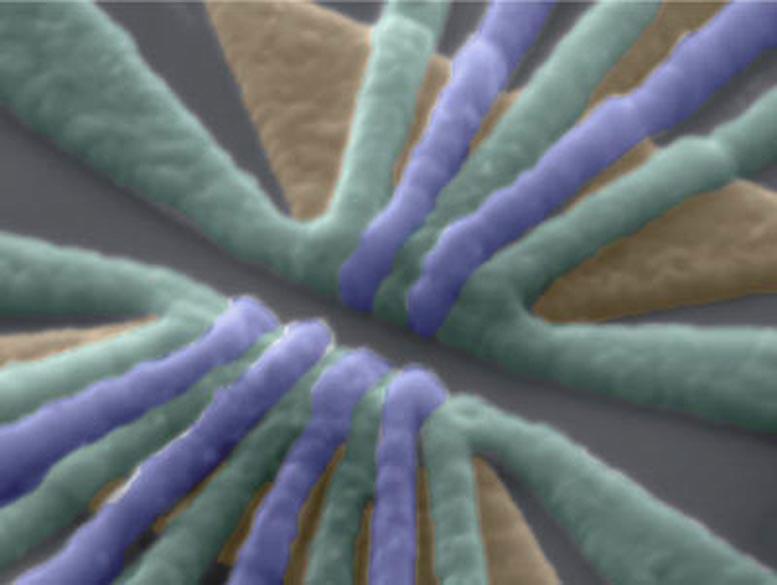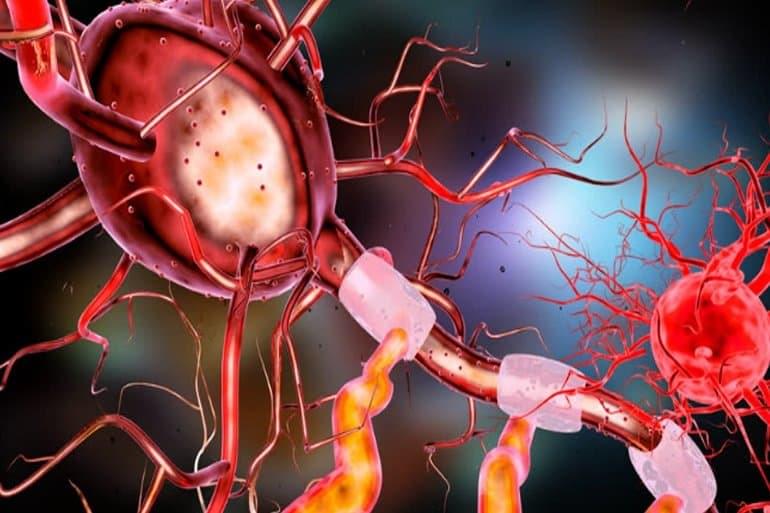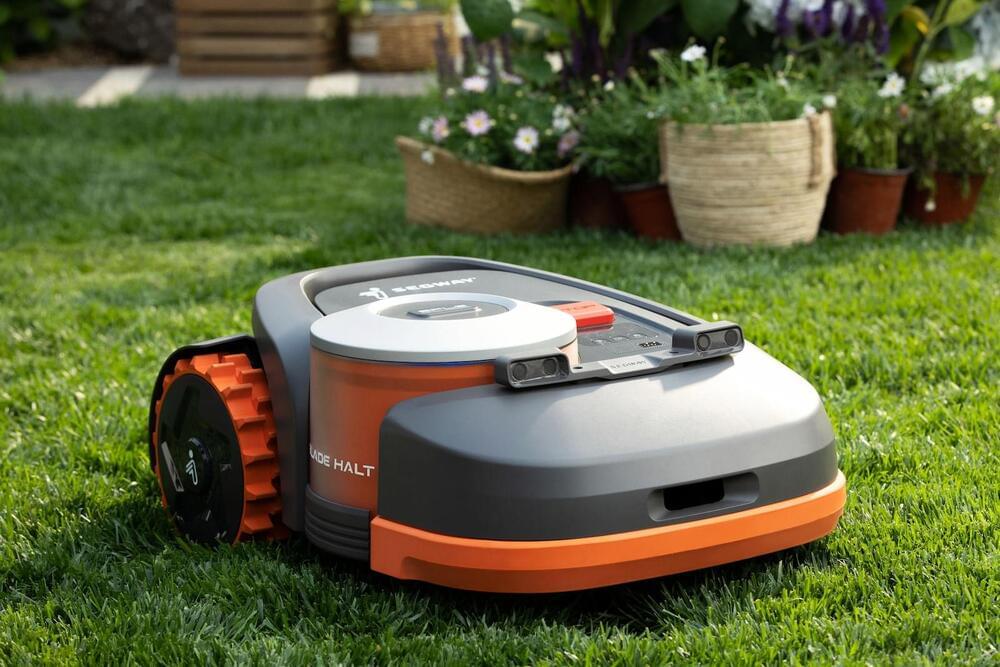Now DeepMind has set its sights on another grand challenge: bridging the worlds of deep learning and classical computer science to enable deep learning to do everything. If successful, this approach could revolutionize AI and software as we know them.
Petar Veličković is a senior research scientist at DeepMind. His entry into computer science came through algorithmic reasoning and algorithmic thinking using classical algorithms. Since he started doing deep learning research, he has wanted to reconcile deep learning with the classical algorithms that initially got him excited about computer science.
Meanwhile, Charles Blundell is a research lead at DeepMind who is interested in getting neural networks to make much better use of the huge quantities of data they’re exposed to. Examples include getting a network to tell us what it doesn’t know, to learn much more quickly, or to exceed expectations.


